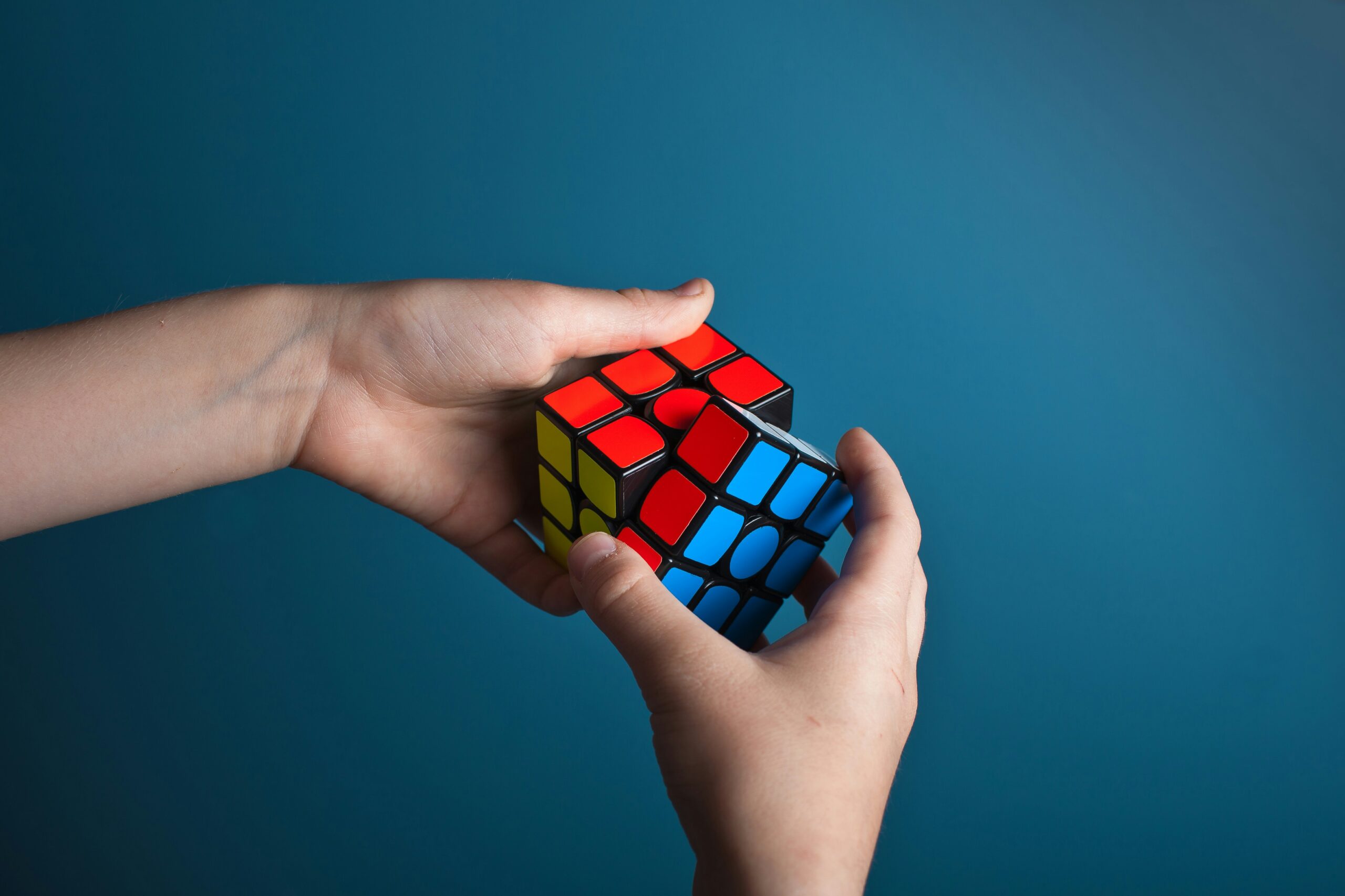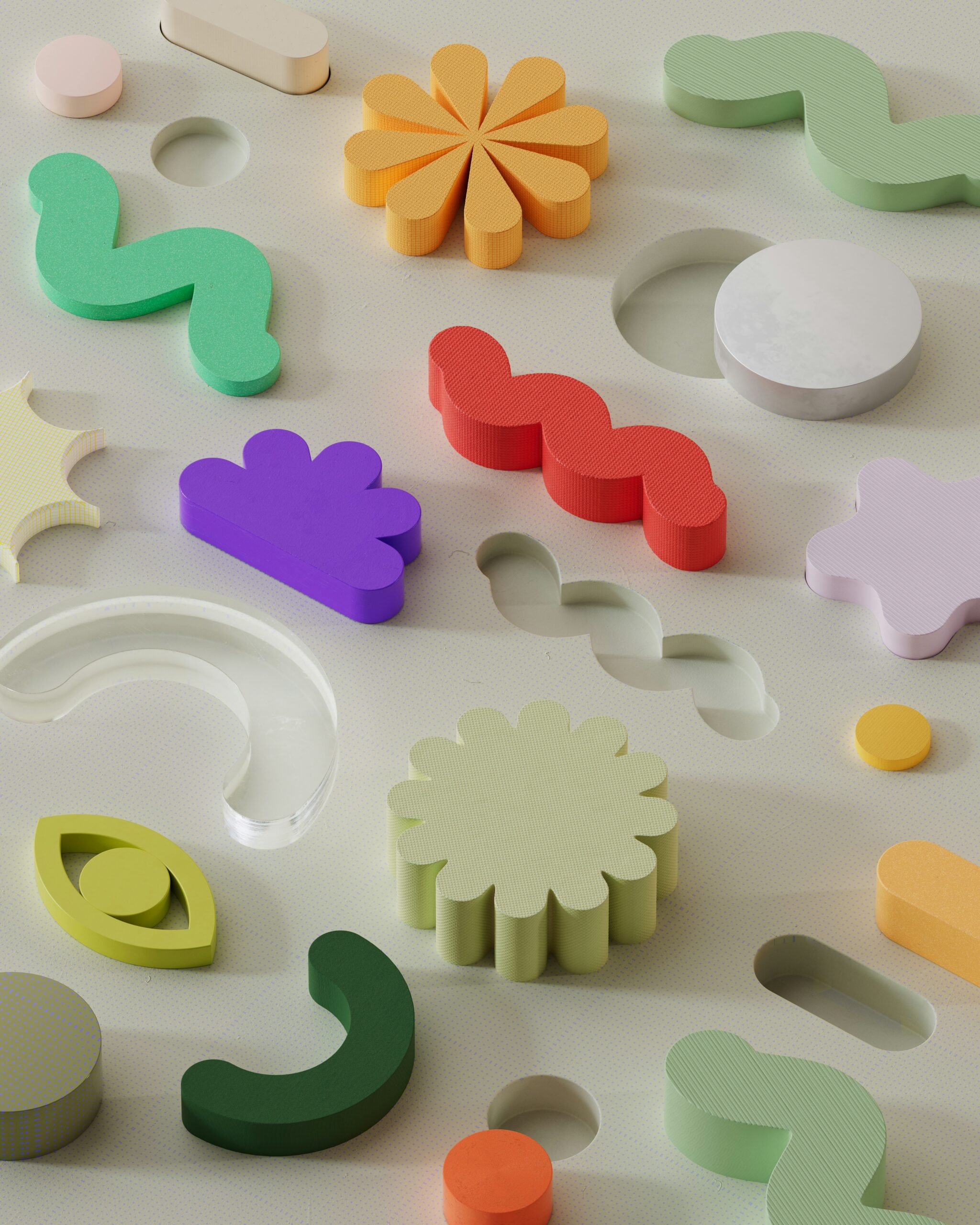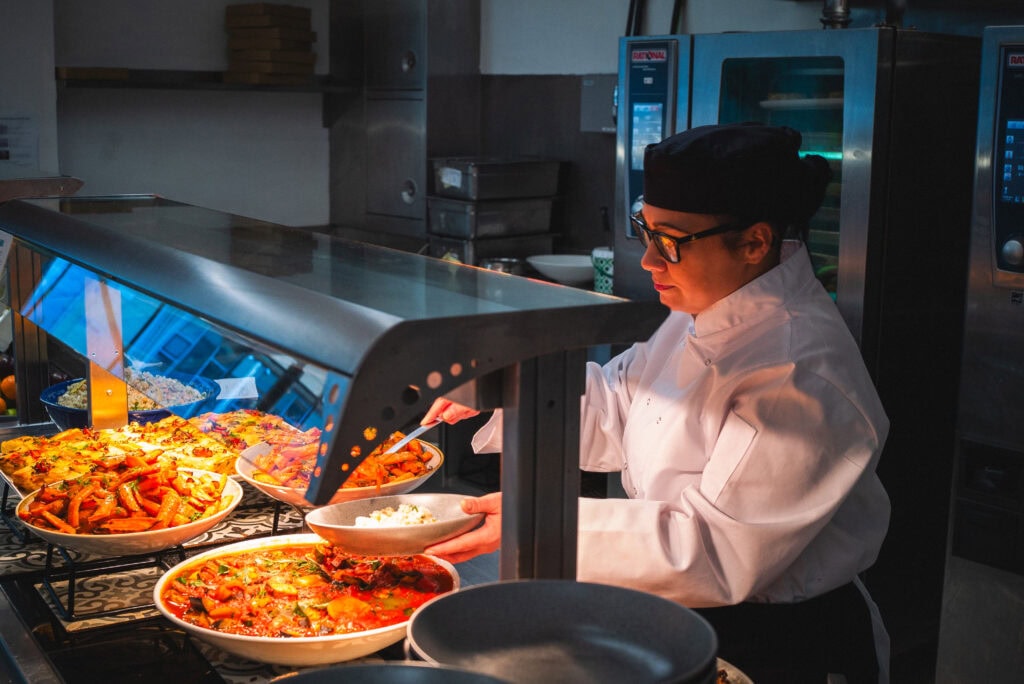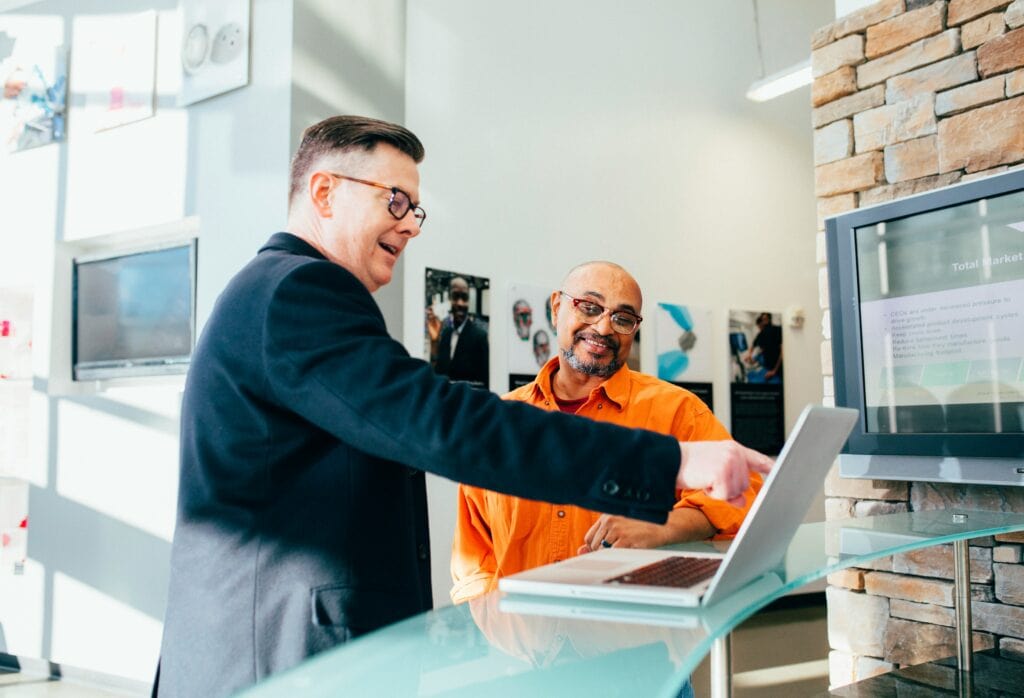The end of soft skills.
In his January 2025 article for TrainingZone, learning strategist Robin Hoyle made a bold call: it’s time to stop referring to communication, collaboration, and empathy as “soft skills.” These aren’t soft, he argues. They’re hard skills.
Hoyle makes a clear case: these are not vague, unmeasurable traits. They are behaviours: observable, teachable, and tied directly to performance. The label “soft” has long allowed organisations to overlook, undervalue, or assume these skills as “nice to have”.
Mindboost’s reflections
At Mindboost, we couldn’t agree more: so-called soft skills are not just important, they’re the lifeblood of any thriving organisation. Communication, collaboration, leadership, empathy. These are the behaviours that drive culture, performance, and change. Like Hoyle, we believe it’s time to stop treating them as optional extras and start treating them as critical capabilities that can, and should, be developed with intention.
That’s why our approach to learning design has always centred on people, not just content. We create emotionally intelligent digital learning experiences that spark reflection, prompt real action, and leave a lasting impression. Because when you connect with people emotionally, you move them, and that’s where real behaviour change begins.
But emotion alone isn’t enough. If these skills truly matter, we must also be prepared to measure them, honestly and meaningfully. That means going beyond completion rates to understand how people are actually showing up at work. Are they communicating more effectively? Building trust? Adapting to change?
Why now?
This shift has never felt more urgent. Not just because the world of work is changing, but because learning teams are being asked to prove their impact. With tighter budgets, sharper scrutiny, and growing demands for measurable outcomes, L&D can’t rely on good intentions alone.
At the same time, we operate in a world where more is possible. More data, deeper insights, and better tools to design learning that truly sticks. And while AI and automation handle many technical tasks, the complex, relational parts of work, the conversations, collaboration, and trust-building remain firmly human. These are not “nice-to-have” skills. They are not “soft”. They’re the ones holding everything together.





